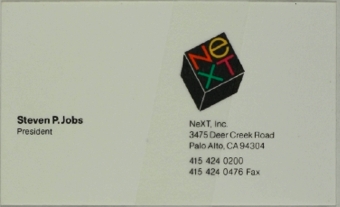Today marks an important milestone for Wolfram|Alpha, and for computational knowledge in general: for the first time, Wolfram|Alpha is now on average giving complete, successful responses to more than 90% of the queries entered on its website (and with “nearby” interpretations included, the fraction is closer to 95%).
I consider this an impressive achievement—the hard-won result of many years of progressively filling out the knowledge and linguistic capabilities of the system.
The picture below shows how the fraction of successful queries (in green) has increased relative to unsuccessful ones (red) since Wolfram|Alpha was launched in 2009. And from the log scale in the right-hand panel, we can see that there’s been a roughly exponential decrease in the failure rate, with a half-life of around 18 months. It seems to be a kind of Moore’s law for computational knowledge: the net effect of innumerable individual engineering achievements and new ideas is to give exponential improvement.









